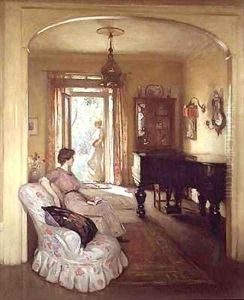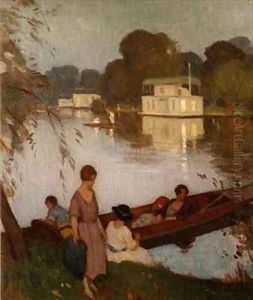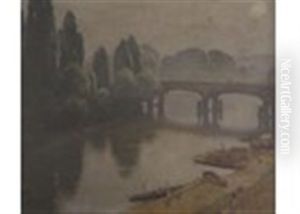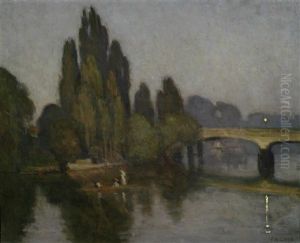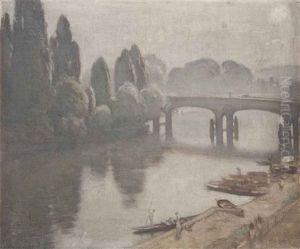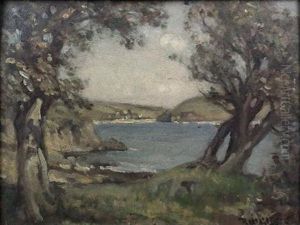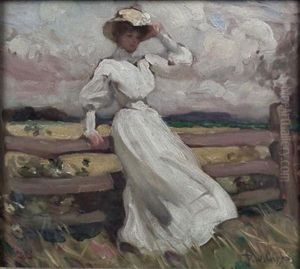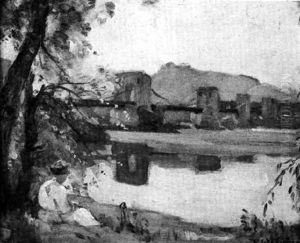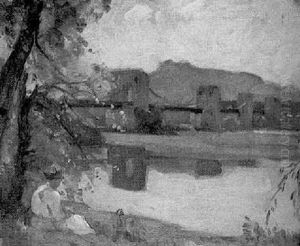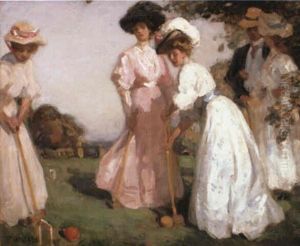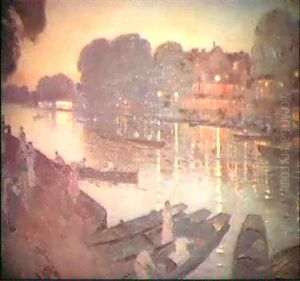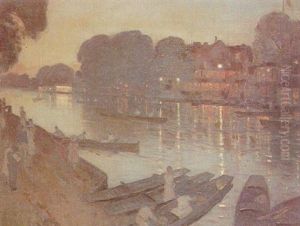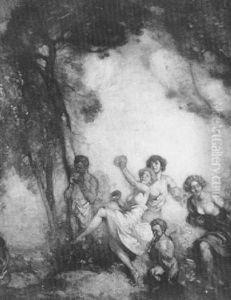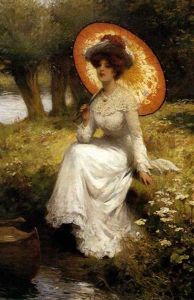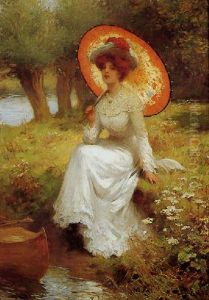Percy William Gibbs Paintings
Percy William Gibbs was an English artist, born in 1901 and passing away in 1990. While not as widely recognized as some of his contemporaries, Gibbs made significant contributions to the British art scene, particularly in the realms of painting and illustration. His career spanned several decades, during which he developed a distinct style characterized by its detailed realism and often poignant subject matter.
Growing up in the early 20th century, Gibbs was exposed to the tumultuous changes in society and art. He received his formal education in art at a time when the world was transitioning from the traditional to the modern, a shift that influenced his work throughout his life. Unlike many artists of his time who ventured into abstract and expressionist styles, Gibbs maintained a commitment to realism, drawing inspiration from the people and landscapes around him.
Throughout his career, Gibbs exhibited his work in various galleries and was involved in a number of artistic circles, but he never sought the spotlight. Instead, he focused on honing his craft and expanding his thematic range, from rural landscapes to portraits and scenes of everyday life. His illustrations, often featured in magazines and books, were admired for their attention to detail and emotional depth.
Despite his contributions, Percy William Gibbs remains a relatively obscure figure in the history of British art. His dedication to realism at a time when many were abandoning it, and his ability to capture the essence of English life, make his work a valuable but underappreciated asset to the art world. Gibbs' legacy is that of an artist who stayed true to his vision, providing a window into the world as he saw it, with all its beauty and complexity.
